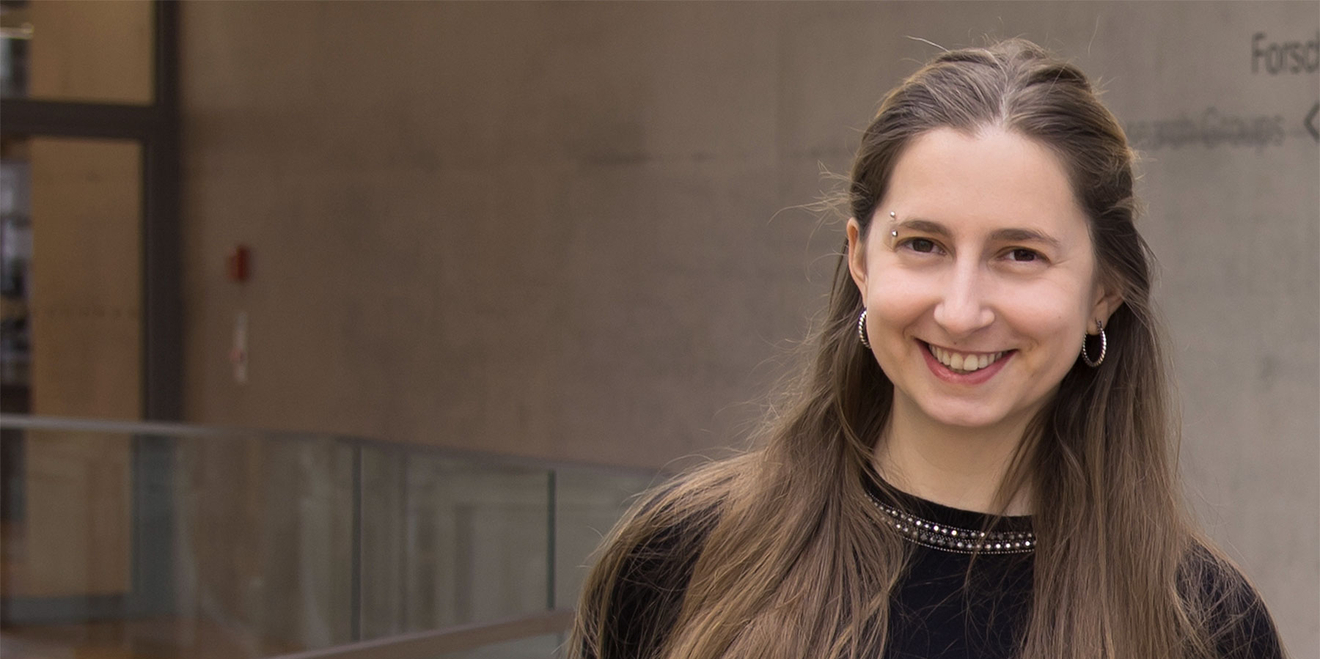
Tania Medeiros' route to success: Becoming first-author of an EMBO paper
Tania, you recently published a very impressive first-author paper in JCB (http://jcb.rupress.org/content/217/5/1601). Can you tell us more about the route that led you to this major achievement?
During my PhD studies, I developed a keen interest in the communication between autophagy and mitochondria. I achieved so much more than what I expected at the start of my Ph.D. Everything started with a very simple question: how do autophagy-deficient yeast cells lose their multicopy mitochondrial genomes during times of nutrient starvation? Following this question has led me to develop a comprehensive project with a very unexpected result: the mitochondrial DNA polymerase gamma (POLG), which so far has been thought to function only in the replication and proofreading of mtDNA, can also degrade mitochondrial genomes. In fact, my work revealed that these two opposing modes of POLG play a key role in regulating the copy number of mtDNA. Even more surprising to me was the number of new questions that arose from this scientific approach.
The early phase of a Ph.D. is by no means an easy path to go… Did you ever expect to be successful so quickly?
Not at all. I have to admit that giving up crossed my mind several times, especially during the first year. However, talking with other graduate students and a close supervision emboldened me to continue and helped me to stay motivated and focused. A Ph.D. is certainly not an easy path, but luckily, we are not alone.
What are your recommendations for current and future CGA students in order to receive a publication?
Getting a first author paper published can be quite challenging. First, it requires a great amount of work, with a trial and error approach until it finally starts to pay off. Second, I would also recommend reading, reflecting and asking for feedback. Take matters in your own hand and proactively seek for feedback and support whenever possible - there are experts all around you! In this regard, the thesis committee and the supervisor have a critical role and are often willing to help too. Remember, even though you are responsible for your Ph.D. project, you do not have to do this entirely on your own. Third, be creative, think about what and why you are doing it. In conclusion, it involves a great amount of perseverance, tenacity and cogency.
What are your future career plans?
My very first option is to pursue an academic career, although, it is an extremely competitive path with only few positions later on. Therefore, I’d like to keep my options and eyes open. An R&D position in industry would be something that I would also aim for. It has to be something that is important to me and at the same time ambitious and innovative, something I am really passionate about with a hands-on mentality. The CGA intensively prepared us for both a career path in academia and industry, therefore I have a very positive attitude towards the future!